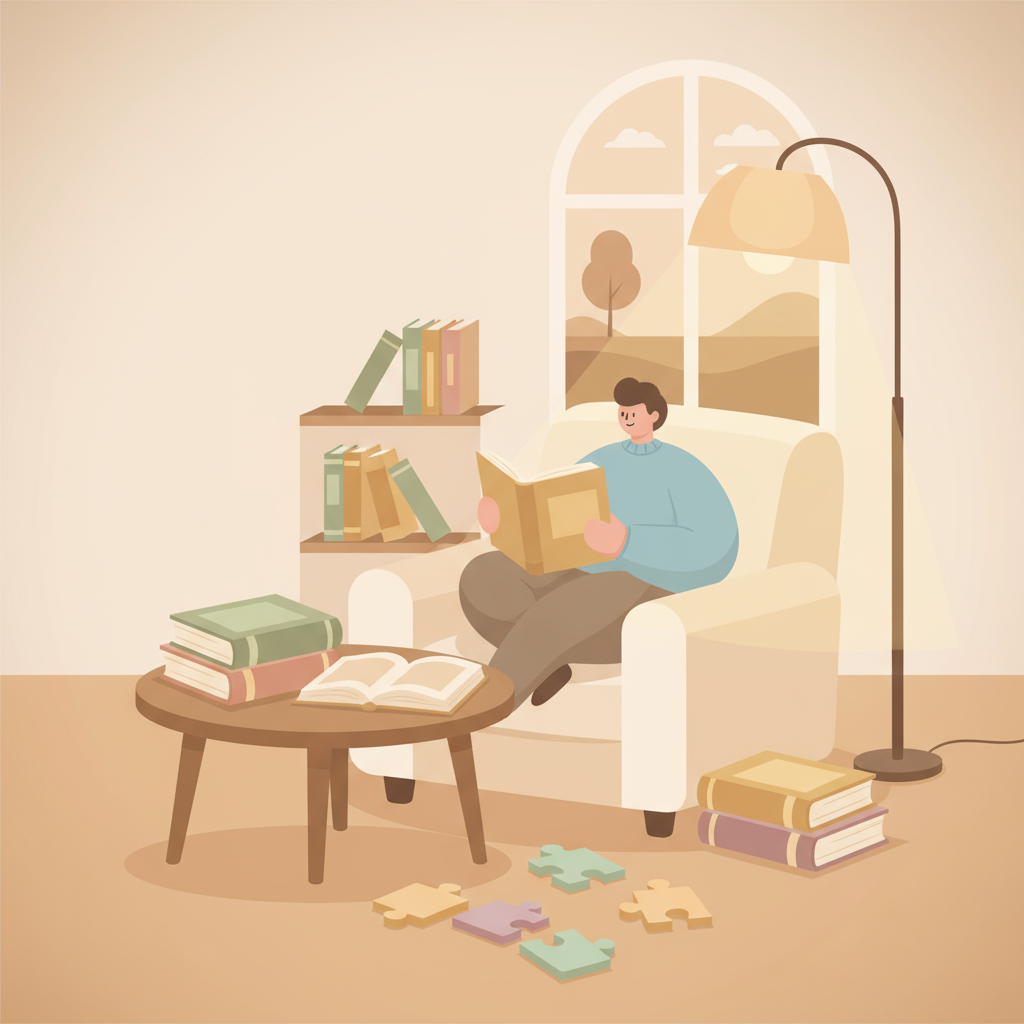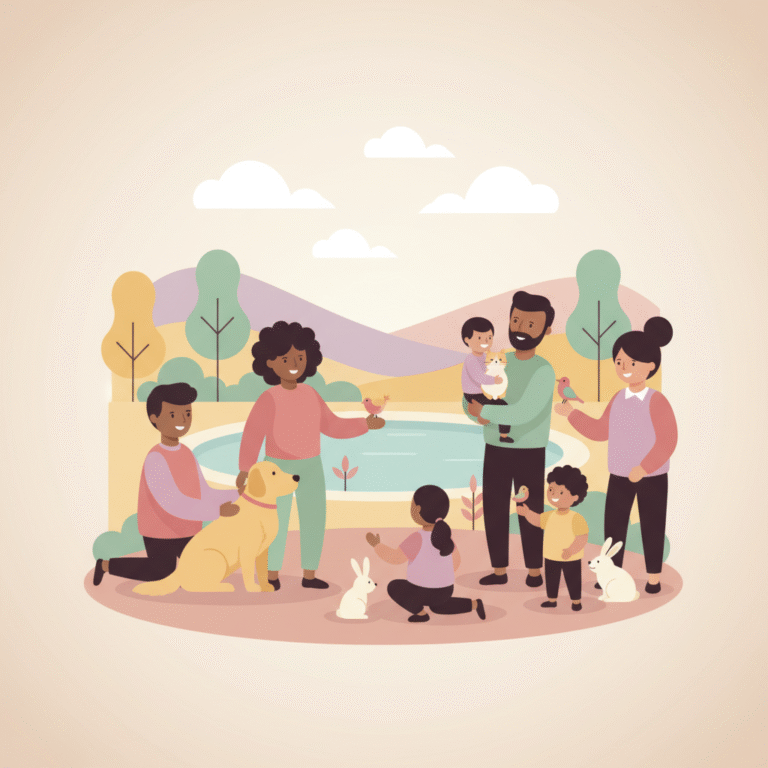Are you a puzzle lover eager to dive deeper into the fascinating history of puzzles? Exploring centuries of innovation, culture, and mystery behind your favorite pastime can be overwhelming at first.
Fortunately, learning puzzle history can be enjoyable and stress-free if you break it down into simple, manageable daily habits. These little habits help transform mountain-sized curiosity into a steady stream of fun discoveries.
In this article, you’ll find three easy daily habits specially designed for puzzle lovers like you to explore puzzle history with excitement and consistency. Ready to become a storytelling expert of puzzle origins and their evolution? Let’s get started!
Your 3 Simple Daily Habits to Learn Puzzle History
Habit 1 — Explore a Piece of Puzzle History Daily
Why: Learning puzzle history is much like assembling a puzzle — one piece at a time. Daily exploration makes information less overwhelming and more enjoyable.
How: Spend 5–10 minutes reading about a key historical fact or event related to puzzles. It could be about the origins in ancient civilizations, the creation of the first jigsaw puzzle by John Spilsbury, or the evolution of materials used in puzzles.
Cue: Right after your morning coffee or tea, set a reminder on your phone to read one interesting puzzle history fact.
Habit 2 — Connect Puzzle History to Your Puzzling Experience
Why: Connecting facts to your personal experience makes history come alive and deepens your enthusiasm.
How: After learning about a historical innovation or cultural tradition related to puzzles, relate it to a puzzle you own or have solved. For example, if you read about handcrafted wooden puzzles, recall any wooden puzzles you’ve completed.
Cue: When you hear about puzzle history in your daily reading, jot down quick notes in a dedicated puzzle journal or app.
Habit 3 — Share and Discuss Puzzle History With Fellow Enthusiasts
Why: Sharing knowledge boosts memory retention and makes learning social and fun.
How: Join online forums, social media groups, or local puzzle clubs where you can post interesting historical facts or start discussions. Engagement encourages ongoing learning.
Cue: Set an evening time to check and participate in puzzle communities, even if just for a few minutes.
Week 1 Schedule
| Day | Habit 1 | Habit 2 | Habit 3 |
|---|---|---|---|
| Monday | Read about the first puzzle ever made | Think about how puzzles have evolved since then | Visit a puzzle history Facebook group |
| Tuesday | Learn about the invention of the jigsaw puzzle | Recall any jigsaw puzzles you’ve completed | Share a fun fact in an online puzzle forum |
| Wednesday | Discover puzzle traditions in different cultures | Link to puzzles from around the world you know | Comment or ask a question in a puzzle group |
| Thursday | Explore how puzzles were used in education | Relate to your own learning or teaching experiences | Share an educational puzzle fact with friends |
| Friday | Find out about notable puzzles in history | Recall your most challenging or memorable puzzle | Join a weekend virtual puzzle event or chat |
| Saturday | Learn about puzzle manufacturing evolution | Notice puzzle materials you prefer | Discuss puzzle making with community members |
| Sunday | Read about puzzle resurgence during Covid-19 | Think about how puzzles helped you relax recently | Reflect and share your week’s learning experiences |
Troubleshooting
Barrier: Feeling overwhelmed by the amount of puzzle history to learn.
Fix: Stick to just one small fact daily as part of your learn puzzle history habit. Small bites build progress.
Barrier: Forgetting or losing interest quickly.
Fix: Make your learning active by connecting facts to your personal puzzles and sharing with others. This strengthens memory and motivation.
Barrier: Difficulty finding a community to share puzzle history.
Fix: Search popular social platforms like Facebook and Reddit for puzzle groups, or follow blogs dedicated to puzzle enthusiasts. Engaging boosts your learn puzzle history habit.
FAQs
Q: How long should I spend daily to effectively learn puzzle history?
A: Just 5 to 15 minutes is enough to build a strong foundation and keep your interest alive while you learn puzzle history.
Q: What if I don’t have access to many resources about puzzle history?
A: Many reliable articles and videos are available online for free. Start with reputable puzzle blogs and websites to fuel your learn puzzle history habit.
Q: Can learning puzzle history improve my puzzling skills?
A: Absolutely! Understanding origins, materials, and cultural aspects enriches your appreciation and strategy, boosting your overall puzzle experience.
Tracking & Motivation Tips
Track your daily learn puzzle history habit in a puzzle journal or use a habit-tracking app. Celebrate each fact learned by connecting it to a puzzle you’ve solved or sharing it online. Consistent tracking keeps motivation high and progress visible.
Key Takeaways for Learning Puzzle History
By building these three simple daily habits to learn puzzle history, you turn daunting curiosity into an engaging journey. Exploring a small piece daily, connecting facts to your own puzzling, and sharing with a community will deepen your knowledge and enjoyment of puzzles for years to come.




